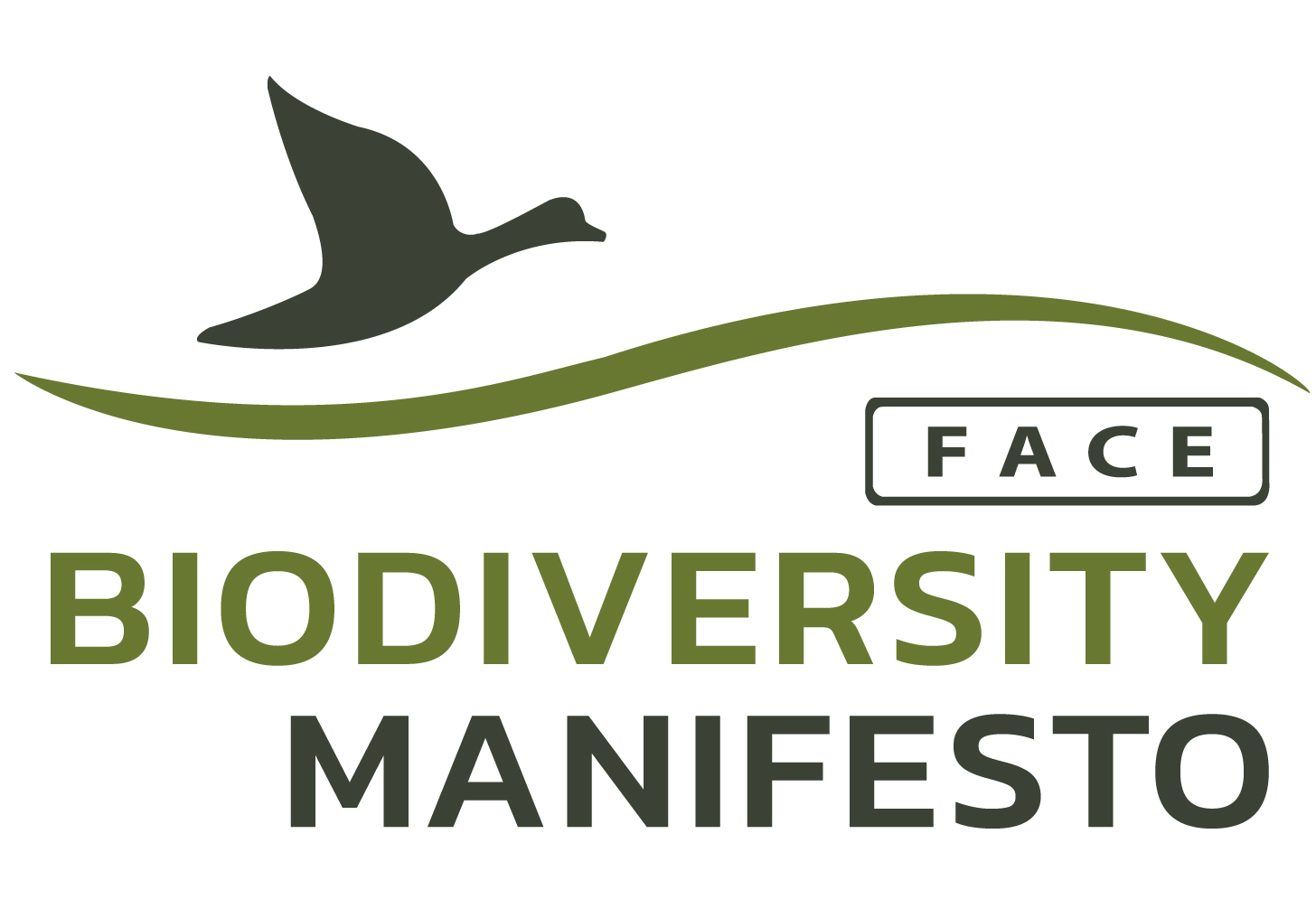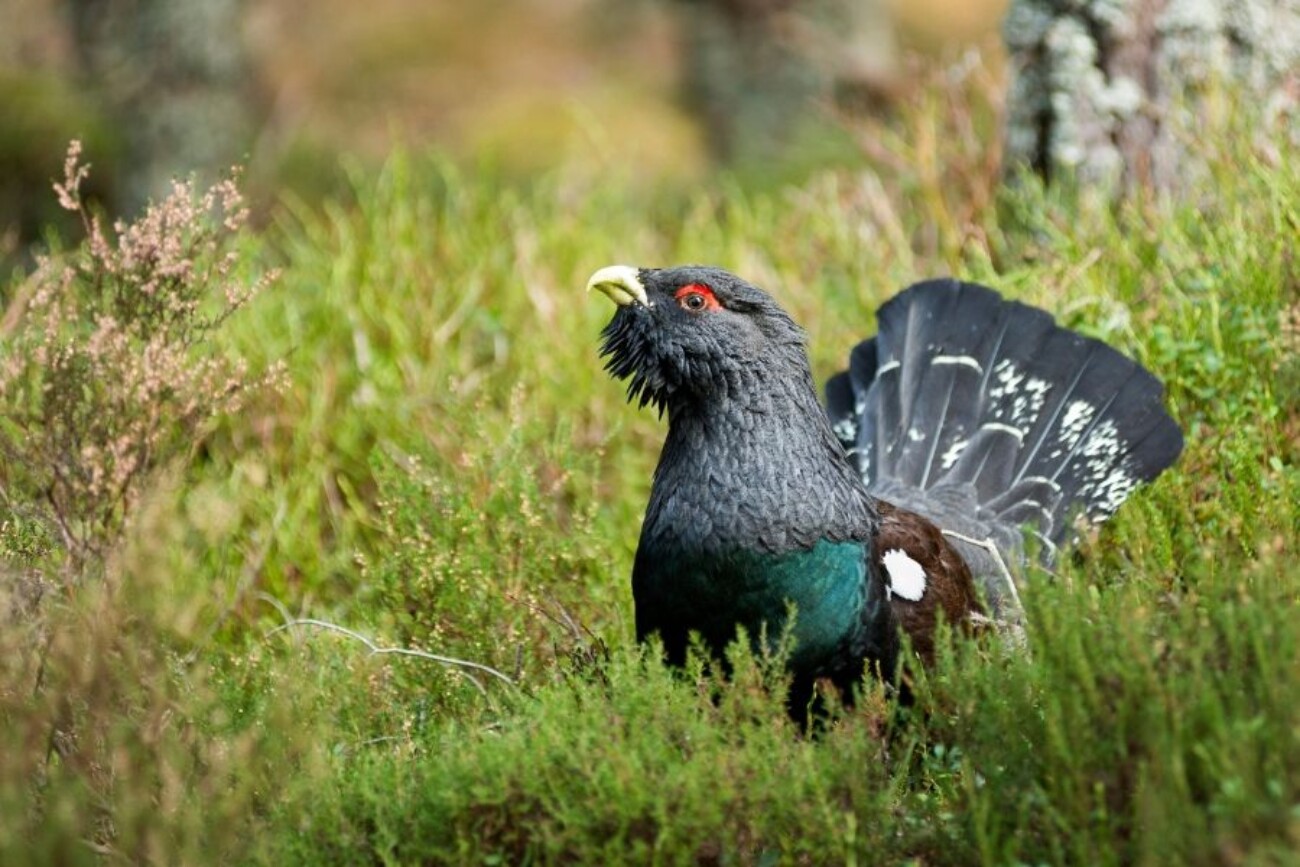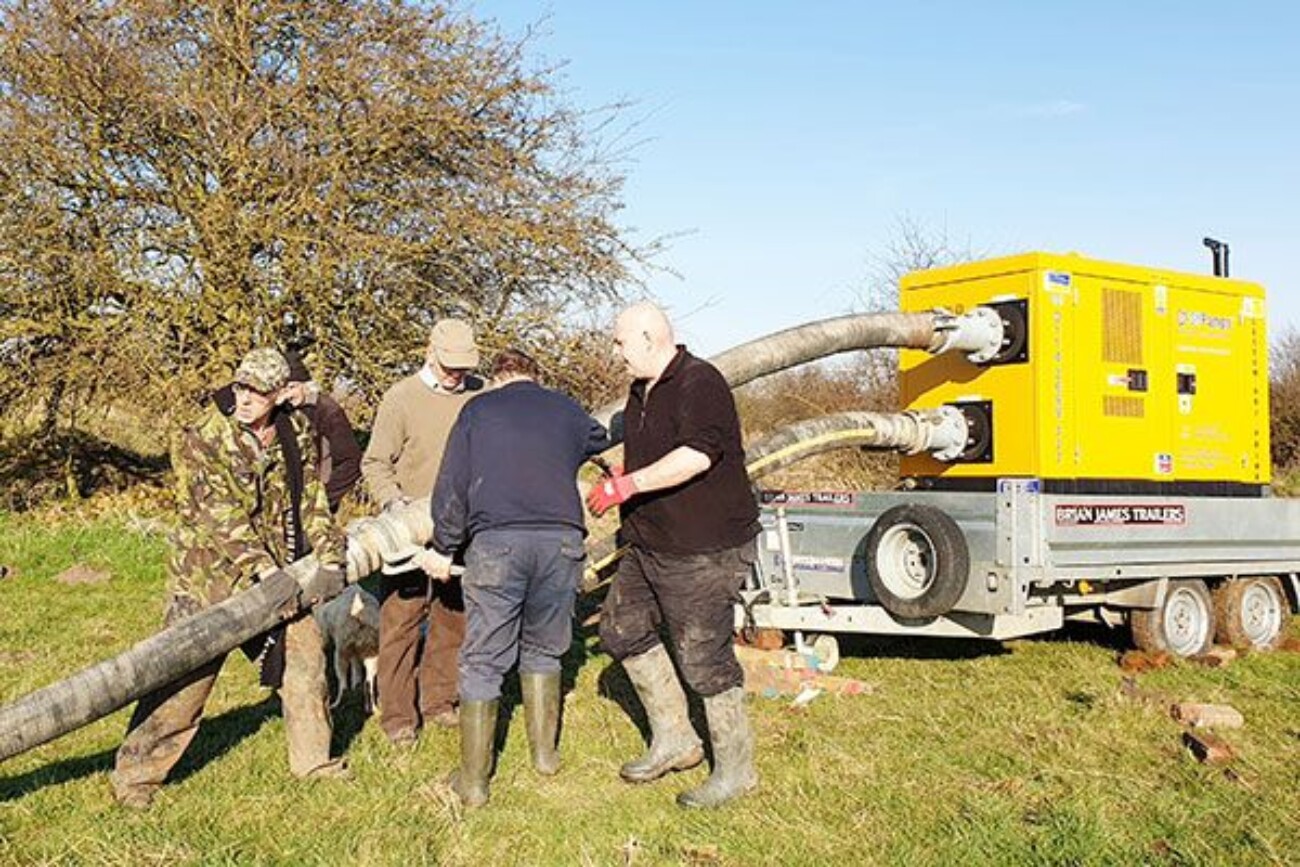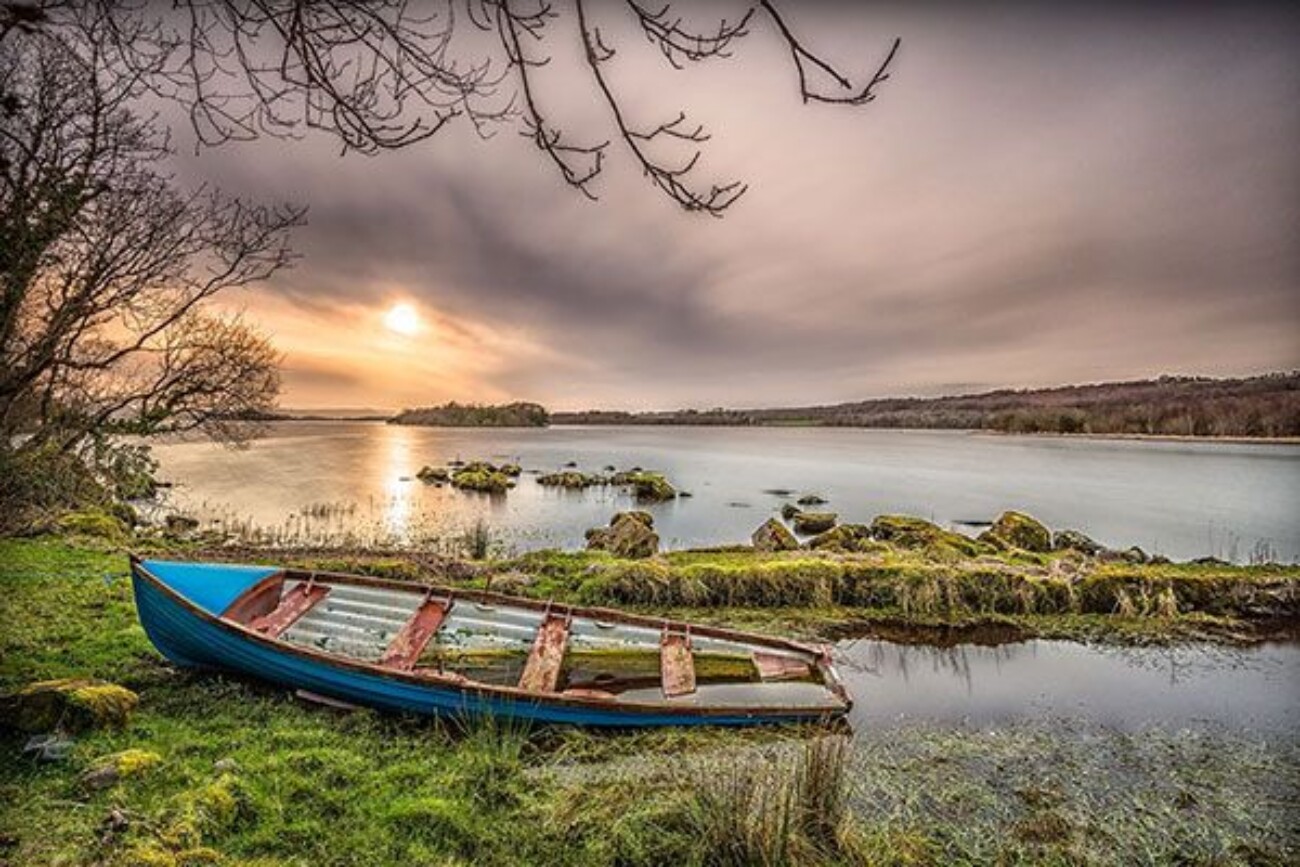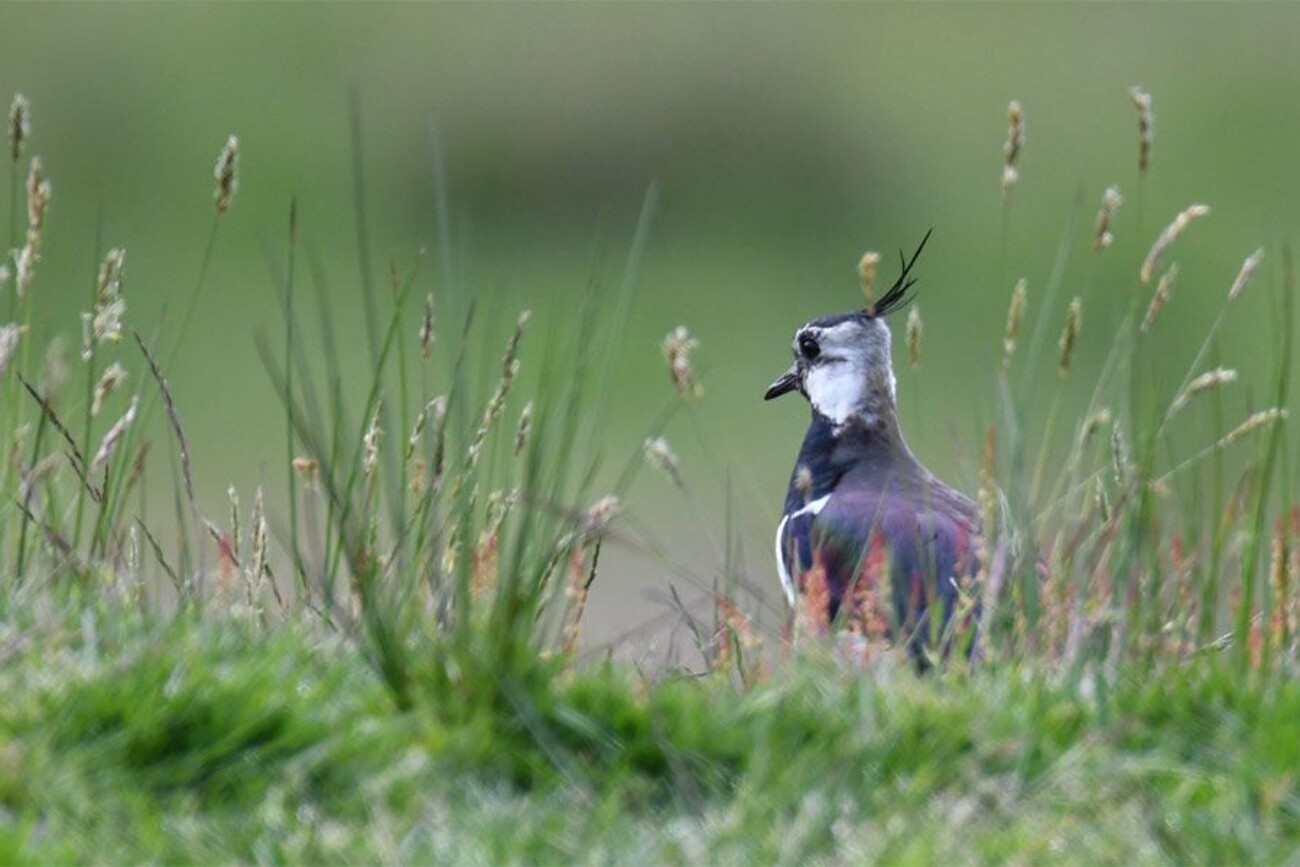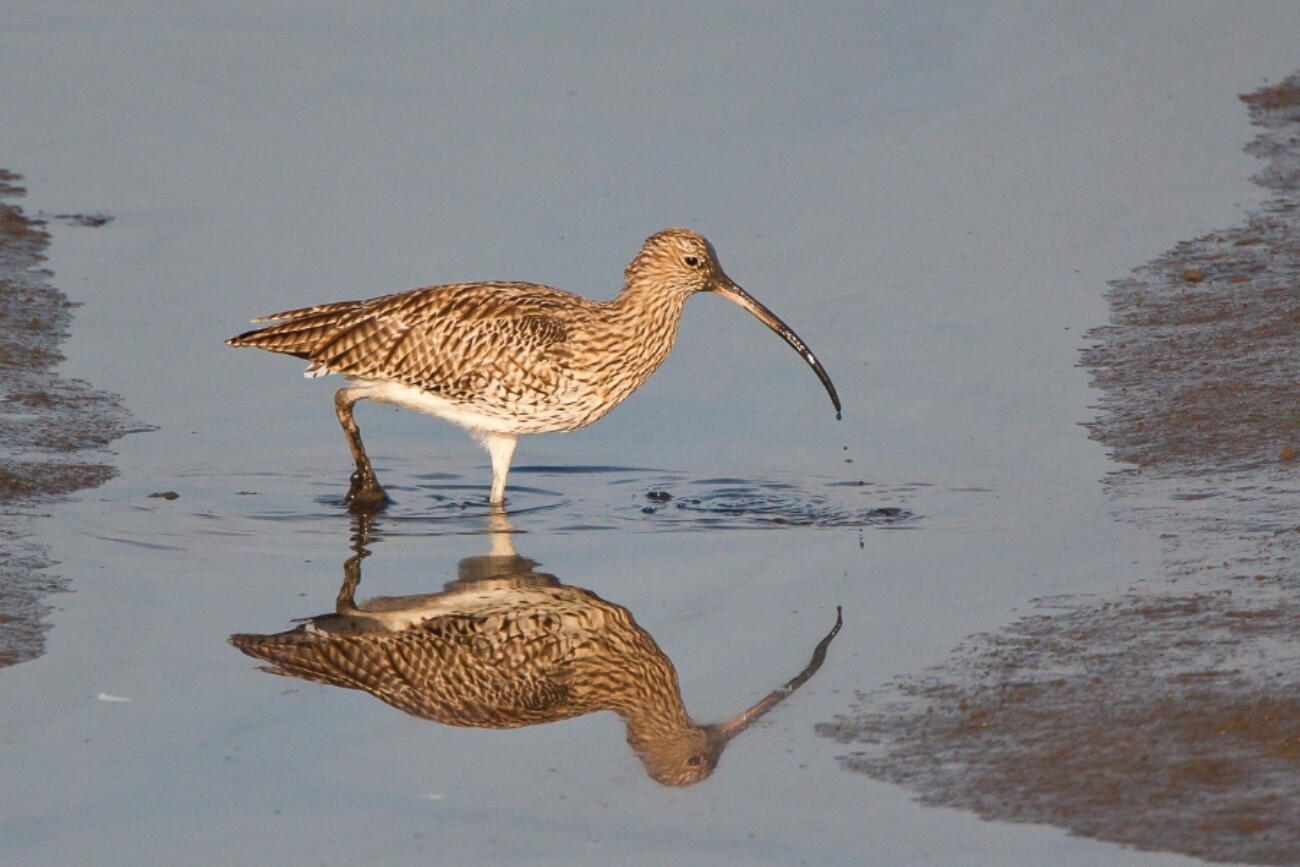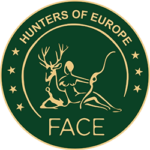The loss of natural habitats is threatening our biodiversity, and the need for solutions is now urgent. Nature conservation, particularly the restoration of European habitats, is key for a sustainable future with healthy ecosystems and thriving biodiversity. Contributing to nature recovery is a societal responsibility, in which hunters and other hunting stakeholders have been playing a crucial role by working in the field or financing projects with high potential for nature conservation.
The British Association for Shooting and Conservation (BASC) launched the BASC Wildlife Fund through the Wildlife Habitat Charitable Trust (WHCT), a registered charity founded by BASC in 1992. This fund intends to give financial support to shoots, clubs, and syndicates providing the means for hands-on nature conservation initiatives and sustainable land management.
“It’s up to all of us to take action, particularly those of us committed to sustainable shooting. We believe we have a duty not only to protect the species we shoot but also those that we don’t. It is our aim to leave a positive legacy for the future”.
BASC provides funding for land purchase and conservation projects in the UK, financing projects that create and restore the UK’s natural habitats where biodiversity (huntable and non-huntable species) can thrive. Since January 2020, they have granted more than £350,000, funding a multitude of projects.
Some good examples are:
- Wetlands at Poulton Court: The BASC Wildlife Fund granted a total of £23,913 to the Gloucestershire Wildfowling and Conservation Association. This association has a project focused on the creation of a wetland habitat. The fund awarded to the projects supports the creation of new wetland ponds and scrapes for breeding and wintering waders and waterfowl at Poulton.
- Boa Island recovery project: The Lough Erne Wildfowling Council is being funded to recover waders’ populations on Boa Island through increasing breeding success. To achieve this, the project’s team plans to carry on habitat improvements, including sward management and scrub clearance, predator control, as well as education for farmers, wildfowlers, and the wider public. An annual ornithological monitoring is also planned to monitor the benefits of the project on breeding wader populations. The BASC Wildlife Fund has awarded the Boa Island recovery project with 25,000 in 2020 (£5,000 per annum until 2024) for the recovery of several wader species such as the Curlew, Lapwing, Redshank, and the amber-listed Snipe populations.
- Wetland creation on the Humber: The BASC Wildlife fund has awarded the Barton-on-Humber Wildfowlers with a grant of £35,790 to support the creation of more than 28 acres of wetlands at Horkstow, Barton-on-Humber. The project plans to restore wetlands for wildfowl, waterfowl, waders, and other wetland species in a place currently covered with grassland.
Policy Relevance
The BASC Wildlife Fund is another impactful tool contributing to Europe’s nature conservation, specifically bird conservation, carried on by the hunting community. Nature restoration is an expensive path, and projects like the BASC Wildlife Fund are crucial to their success and for European biodiversity. This project is contributing to achieving the goals of the EU’s biodiversity strategy for 2030 and of the forthcoming European Nature Restoration Law.
You can read more about projects supported by the BASC Wildlife Fund on our website (e.g. here). If you think you have a project worthy of receiving the financial support of the BASC Wildlife Fund, you can know more about it here. But be aware that the fund is granted to:
- conservation activities that demonstrate the wider benefits of sustainable shooting and connecting people to their environment.
- biodiversity conservation projects in the UK, or in other countries connected to the UK by migratory quarry species.
- projects targeting long-term sustainable change, aligned with the aims and objectives of the BASC Wildlife Fund.
Source: https://bascwildlifefund.co.uk
